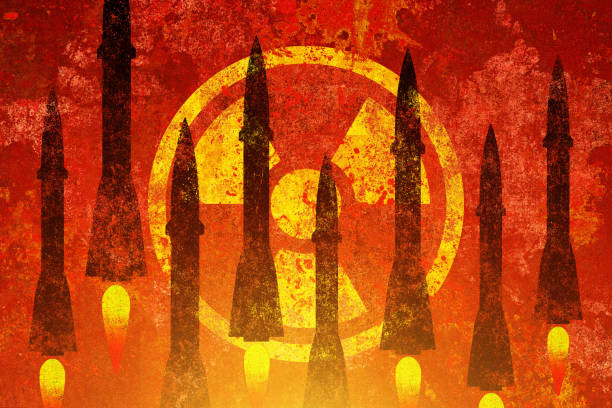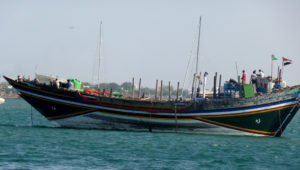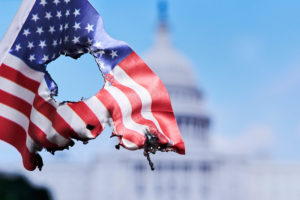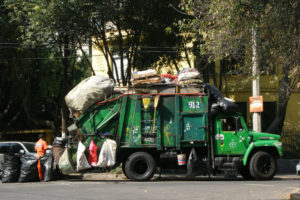Lettre de La Vigie, dated 2 October 2024

Enchanted interlude and strategic disenchantment
During the Olympic and Paralympic Games, France showed the world that it knew how to organise major international and popular events in a sumptuous setting, without any security hiccups. However, the term ‘enchanted interlude’ is surprising: why should day-to-day security be an interlude rather than a permanent feature? How can we ensure safety for all?
To read the article, click here
Should we win the war or prevent it?
The war is back: everyone can see it, and the Vigie is constantly analysing it. In recent months, while high-intensity words have taken centre stage, the issue of deterrence has also come back with a vengeance. But is current nuclear regulation enough?
To read the article, click here
Lorgnette: Iran’s dilemma
Iran has been accumulating setbacks for some time. Until now, it had managed to operate in the Near and Middle East thanks to a network of allies that enabled it to balance the Saudi opposition on the one hand and the Israeli challenge on the other. The Shiite networks in Iraq, the Syrian support point, the Lebanese Hezbollah and the Yemeni Houthis were all effective relays for an influential policy in the region. Despite everything, things were changing. The Abraham Accords had launched an Israeli-Arab reconciliation (LV 217). Teheran responded by reconciling with Riyadh (LV 226).
The attack on 7 October turned the situation upside down by forcing Israel to react and re-establish its conventional deterrent, both in Gaza and against Hezbollah (note). Iran, which was challenged this summer (assassination of the head of Hamas in Teheran), must react but not too forcefully, as it is prey to a domestic fragility that must not be overlooked. On the other hand, it cannot allow the blows dealt by Israel (assassination in Teheran, attack by Hezbollah) to go unanswered. This is the reason for today’s missile strike.
The escalation continues and no one knows where it will lead. The fact remains that Iran is on its own in the region.
To read the appendix to this issue, LV 250 bis, Ten years of La Vigie, click here
JOVPN
Subscribers: click directly on the links to read online or download the pdf issue (here), always with your login/password. New readers: read the article by issue, by clicking on each article (€2.5), or subscribe (discovery subscription €17, annual subscription €70, orga. subscription €300 excl. tax): here, the different options.
Photo credit : Clemens Vasters on Visualhunt








